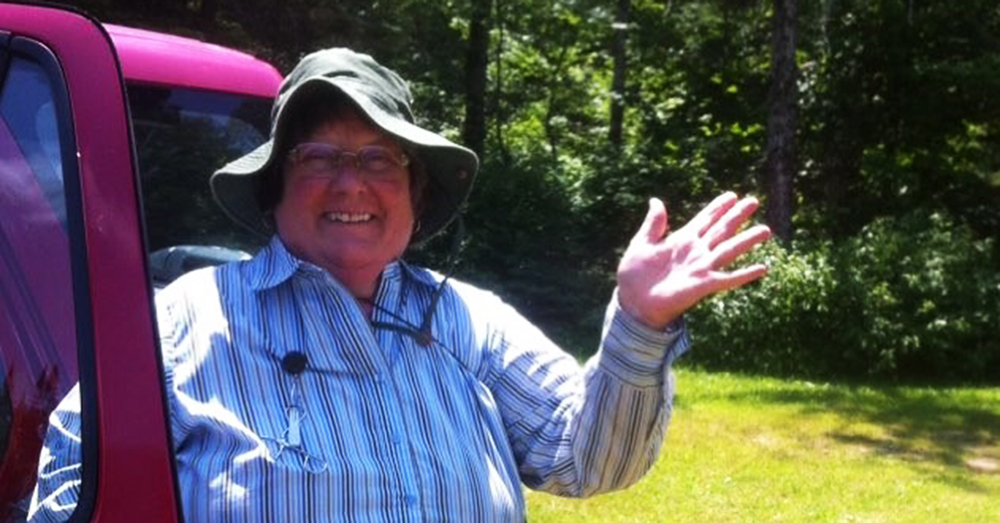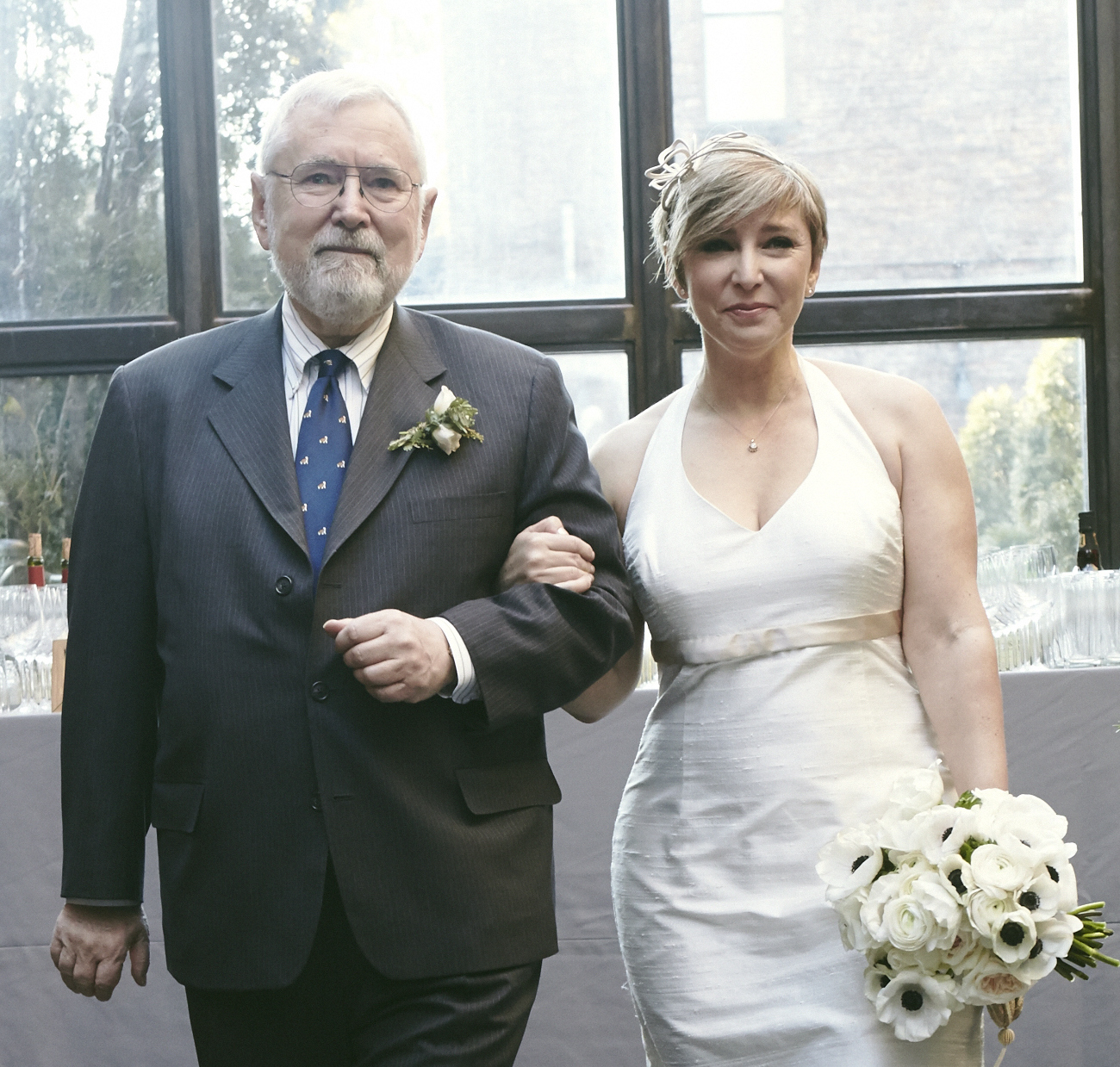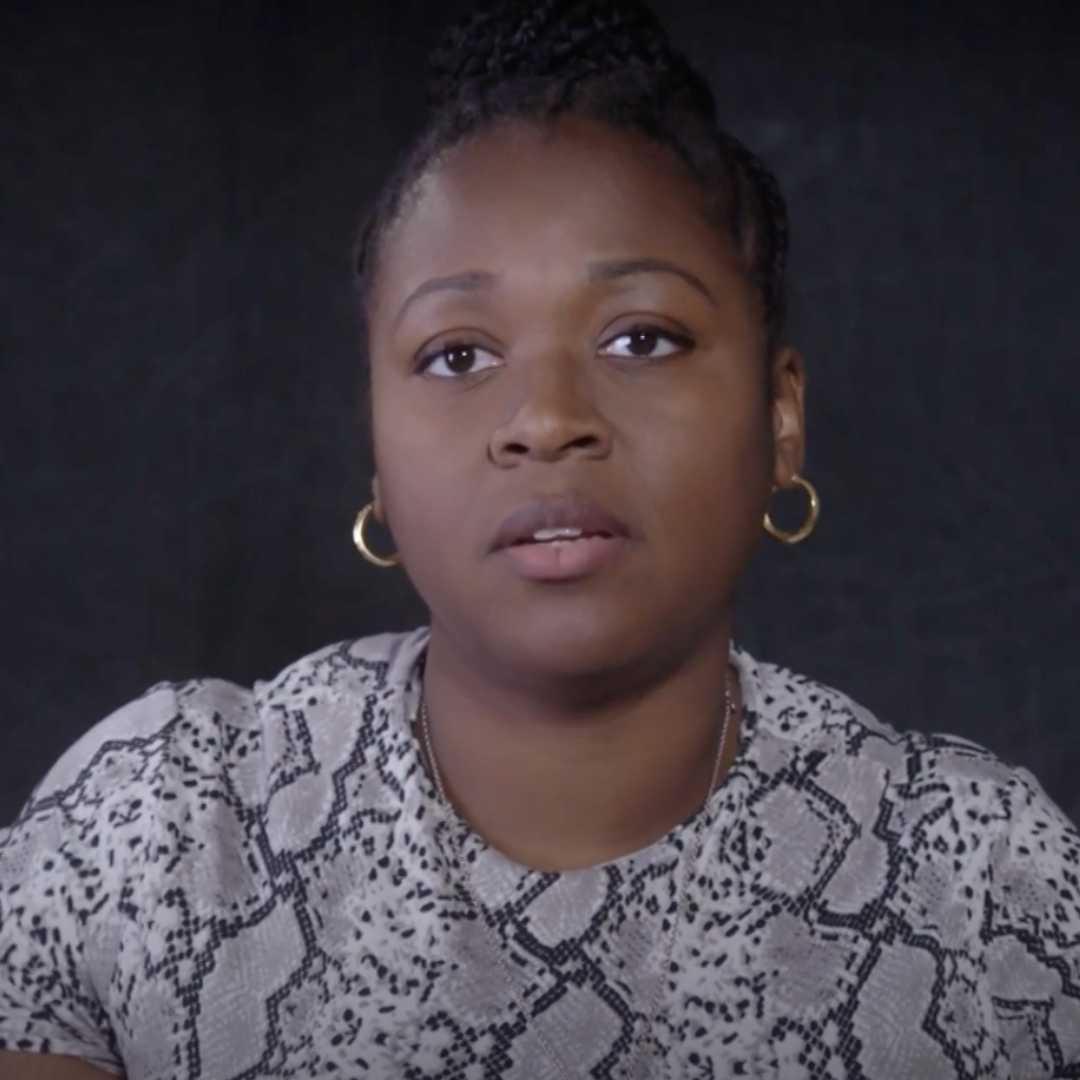Update: the Maine Death with Dignity Act passed in 2019.
Cyndie Rogers is a Maine Death with Dignity volunteer in Gray, Maine.
Since 2015, I have been living with lymphoma. Just before Thanksgiving last year, I learned I have breast cancer as well. Facing additional surgery, radiation, and possible chemotherapy, I feel scared and tired.
But I’m not too tired to fight for my right to die with dignity.
That is why I am using all my time and energy to support Maine Death with Dignity’s efforts to place an assisted-dying measure on the state ballot. I hope the measure passes in time for me to access medical aid in dying. Even if I am not so lucky, I hope that my work to gather signatures and spread the word about the death with dignity movement will lead to policy reform that benefits all Mainers.
Death with dignity is about choice and control at the end of life. I consider it to be a basic human right.
Life Before Cancer
These days it can be hard to remember my life before cancer. But I still have fond memories of my healthier years, especially spending time outdoors with my family. We would gather at our camp and enjoy the great outdoors, spending our days fly fishing and hanging out by the river near our cabin. Just walking to the river now is a challenge. I am fortunate to have the help of my wonderful teenage grandsons, who make getting around easier for me at this stage.

Coping With Chemo
I will never forget the date of my lymphoma diagnosis. It was August 12, my daughter’s birthday. As I was undergoing preparation for sigmoid colon removal, a CAT scan revealed a tumor that pathology diagnosed as Follicular Lymphoma. It was a shock.
I underwent 6 months of chemotherapy that has, so far, kept my lymphoma from worsening.
But the chemo left me feeling so depleted that when I received my breast cancer diagnosis late last year I couldn’t stomach the thought of going through radiation especially because I would have to travel nearly 90 minutes a day, five days a week to a facility where I would receive treatment.
Like anybody with a terminal diagnosis, I find myself thinking about my funeral even as I am trying to go through life with a positive attitude. Some days, though, I have a hard time not feeling really down. I draw strength from my family and the people in my Facebook group for those living with leukemia and lymphoma. Even though they’re not here beside me, I feel like they’re holding my hand and giving me the positive support to face tomorrow.
To Pass a Law
I first learned about death with dignity when I saw a news story about Brittany Maynard, the young woman dying of brain cancer who in 2014 moved from her home state of California to Oregon to access the Oregon Death with Dignity Act. (California passed its own aid-in-dying law in 2015.)
I was shocked and saddened that she had to leave her home and uproot her life to die on her own terms. I don’t think it’s right that lawmakers have the right to tell me, or anyone else, how I can and cannot die.
I vowed that I would find a way to help pass a law in Maine to help terminally ill, mentally capable individuals die before their suffering became too much to endure. I wrote letters to legislators, sharing my story and making the case for assisted dying. Then I learned about Maine Death with Dignity’s efforts and signed up to be a volunteer signature gatherer.
One Step Closer
I was amazed by how many people sought me out at the polls on Election Day 2018 and signed the petition. I have been pleasantly surprised by the number of medical and hospice care professionals who have signed. It signals to me that there is strong support in the healthcare field for death with dignity. It gives me faith that the tide is turning.
It wasn’t easy to spend nearly 12 hours at the polls. I was so tired by the end. But I just wanted to get one more signature, move one step closer to getting the measure on the ballot. I want to do my part to help; I’m doing the best I can do my share while I still can.
Choice and Control
To me, death with dignity is about choice and control at the end of life. I hope to have the ability to choose the time and manner of my death by accessing an assisted-dying law. Even if I do not, I want to ensure others have the option of what I consider to be a basic human right.
It is time for legislators to heed the will of the people.

